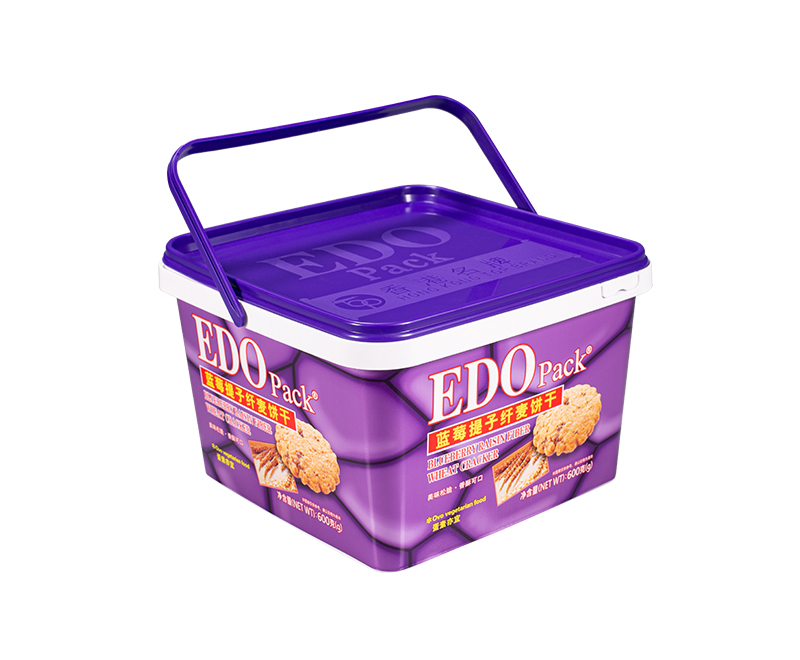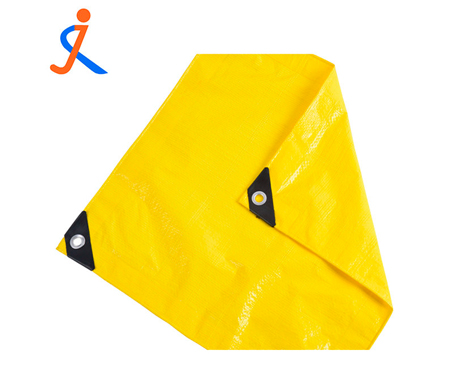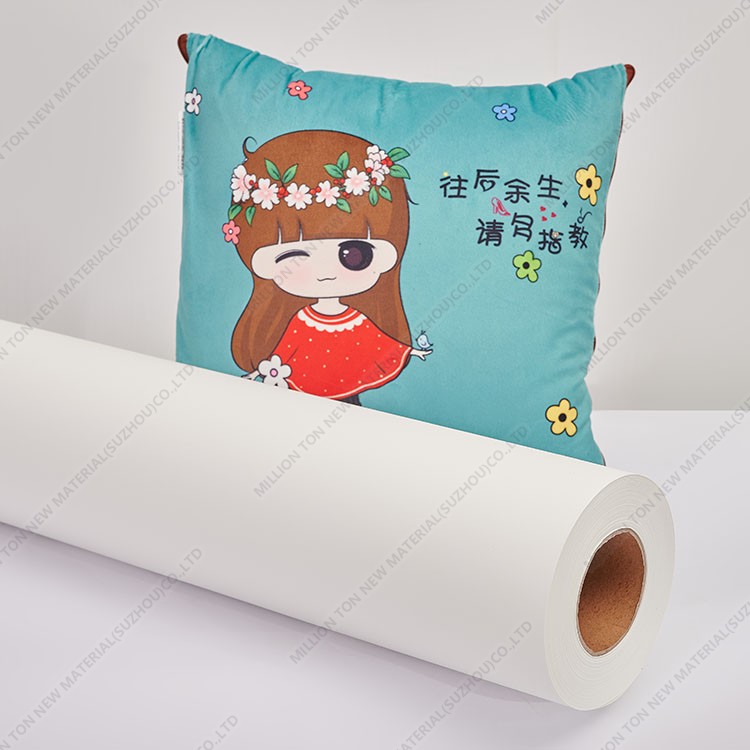When using plastic buckets for food storage or food-related purposes, it is essential to ensure that they are made from food-grade materials to maintain the safety and integrity of the food. Here are some ways to determine if a plastic bucket is food grade:
1. Look for the Resin Identification Code: Most plastic containers, including buckets, have a Resin Identification Code (RIC) stamped or imprinted on the bottom. Food-grade plastics are commonly labeled with the number "2" within the recycling symbol, which indicates high-density polyethylene (HDPE). HDPE is generally considered safe for food contact.
2. Check for "Food Grade" or "FDA Approved" Labeling: Manufacturers of food-grade plastic buckets often label their products as "Food Grade" or "FDA Approved." Look for such labels on the bucket or its packaging. The "FDA Approved" designation indicates that the plastic material has been tested and approved by the U.S. Food and Drug Administration (FDA) for contact with food.
3. Examine the Bucket Material: Food-grade plastic buckets are usually made from HDPE, a type of plastic known for its high level of purity and resistance to chemicals. HDPE is widely used for food containers due to its non-toxic nature and ability to prevent the transfer of unwanted substances to food.

4. Look for NSF Certification: The National Sanitation Foundation (NSF) is an organization that certifies products, including plastic containers, for use in commercial food handling and storage. If a plastic bucket is NSF certified, it indicates that it meets strict standards for food safety and sanitation.
Explore more:How do you clean a wooden herb grinder?How do I choose the right size of rubber stopper?How To Get Perfume Out Of Bottle With Broken Sprayer?Unveiling the Unmatched Advantages of Corrugated BoxesAdvantages of Self Adhesive Vinyl For CarApplications of Greaseproof Kraft Wrapping Paper5. Avoid Buckets with Recycled Content: While some recycled plastic materials may be safe for certain applications, it is best to avoid using buckets with recycled content for food storage unless explicitly labeled as food grade. Recycled plastics may contain contaminants from previous uses, making them unsuitable for food-related purposes.
6. Assess the Bucket's Odor and Appearance: Food-grade plastic buckets should have no strong or unpleasant odor. If you notice a strong chemical smell, it may indicate that the plastic is not food grade. Additionally, inspect the bucket for any discoloration, scratches, or damages that could potentially compromise its safety and hygiene.
7. Purchase from Reputable Sources: When buying plastic buckets for food use, choose reputable suppliers and manufacturers known for providing food-grade products. Buying from trusted sources reduces the risk of using non-food-grade plastic buckets.
Conclusion: Ensuring that a plastic bucket is food grade is crucial for maintaining food safety and preventing potential health hazards. By looking for specific labeling, checking the material type, examining for odors or damage, and purchasing from reliable sources, you can confidently identify food-grade plastic buckets suitable for your food storage and preparation needs. Always prioritize the safety and quality of materials when dealing with food contact applications to safeguard the well-being of yourself and those consuming the food.
Explore more:Benefits of Microwave Greaseproof Kraft Paper BagsAre child-resistant tins safe for children?Cardboard Die-Cutters: Precision and Efficiency for Your Packaging Needs






Comments
Please Join Us to post.
0